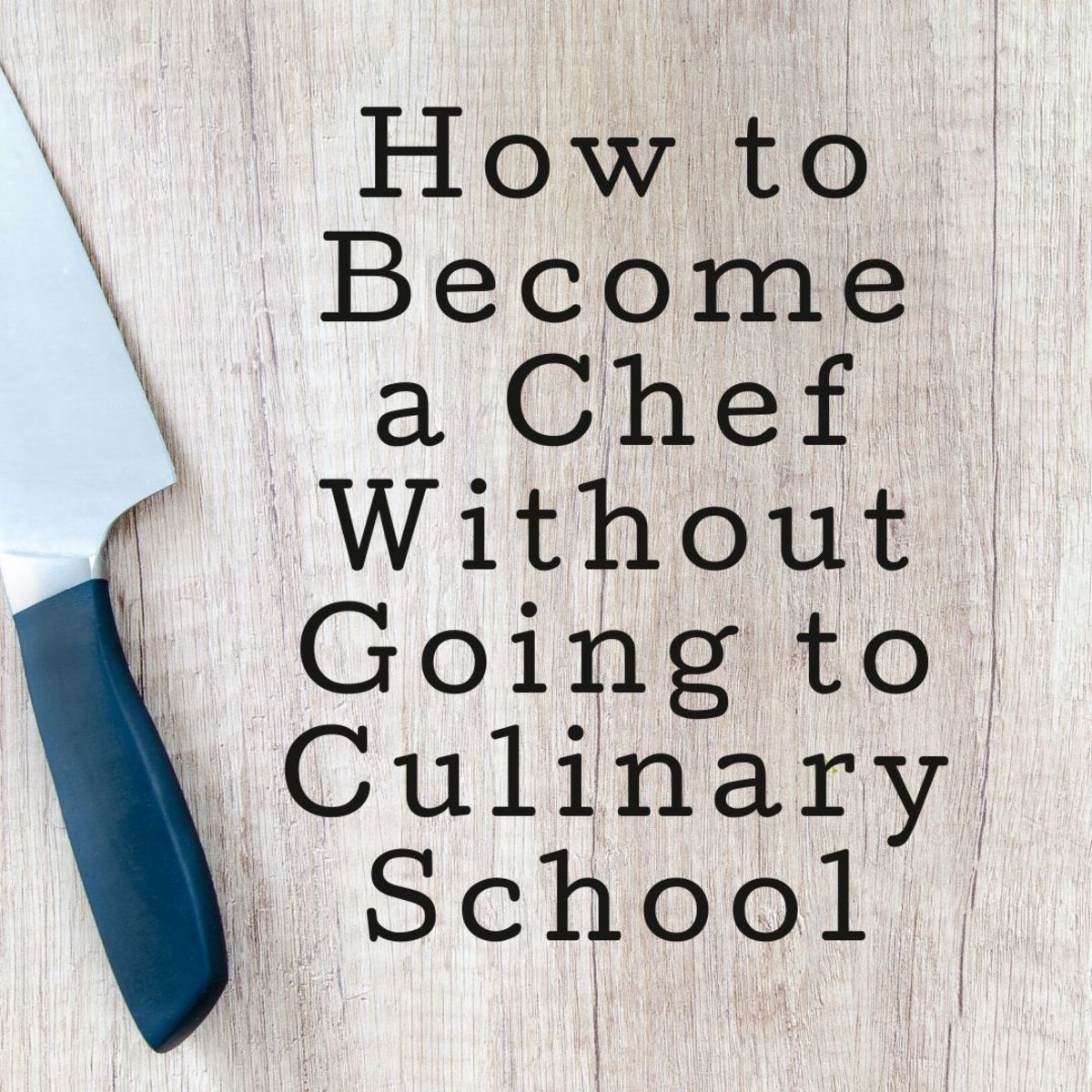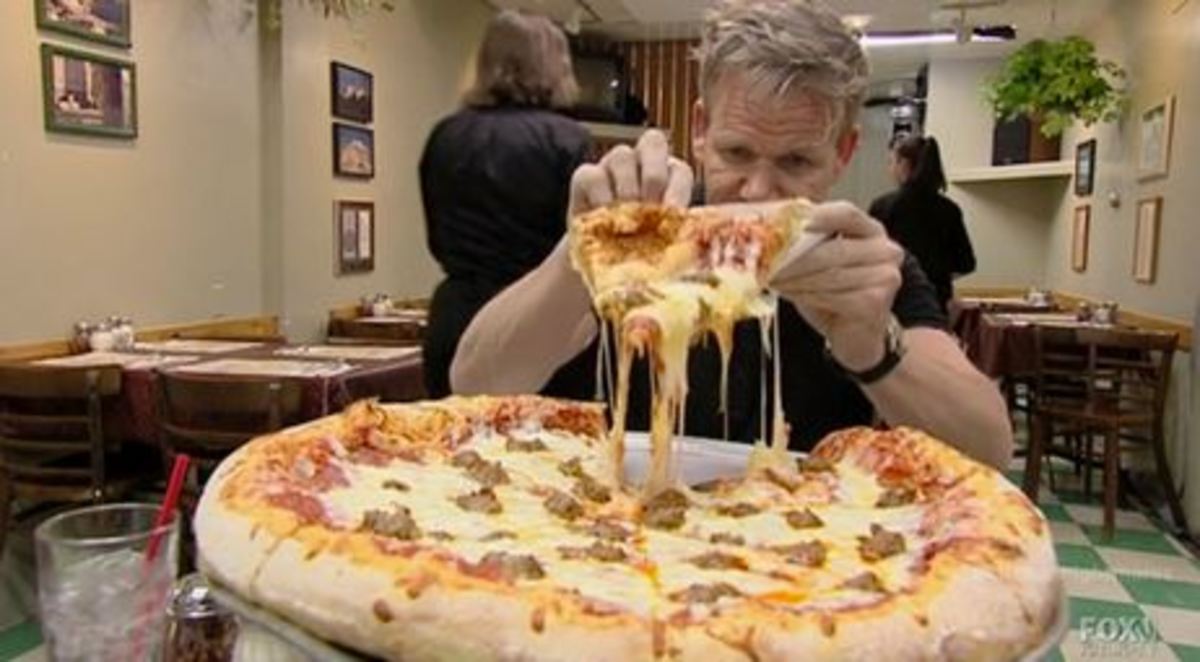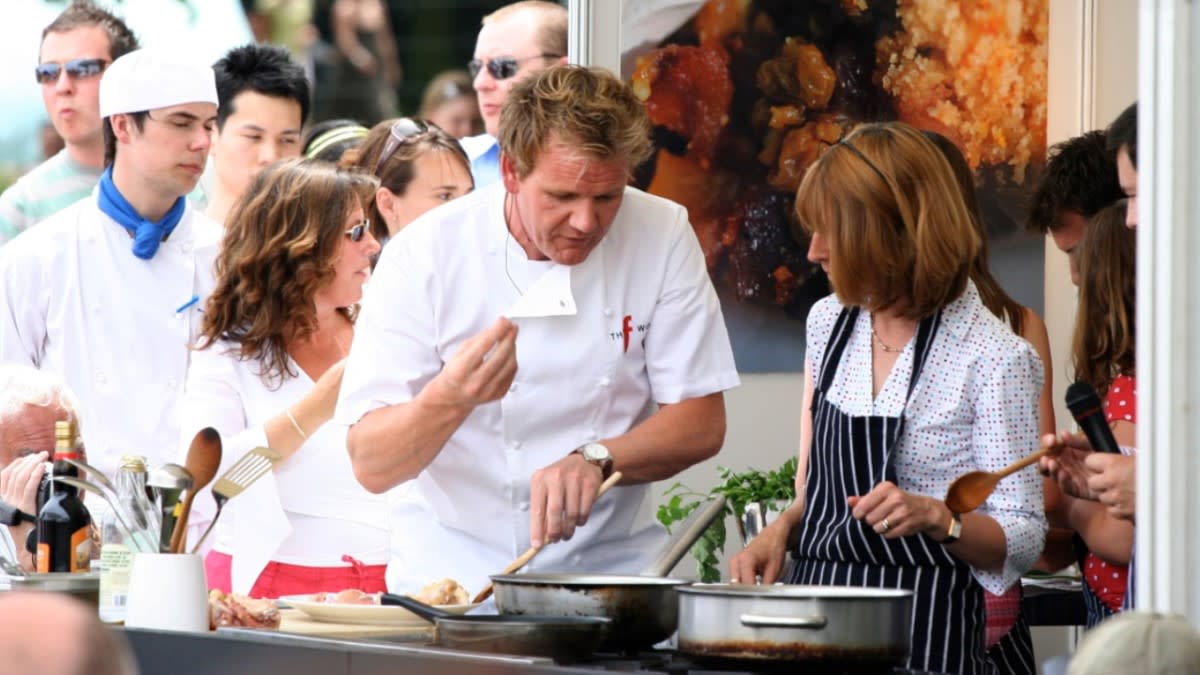Serving the People Who Serve You; an Insiders Look at the Modern Restaurant Part 1
Anthony Bourdain
DON’T GET ME WRONG: I love the restaurant business. That’s how Anthony Bourdain started his seminal work, Kitchen Confidential in 1999. 20 years out and it is still a great read, Tony knew how to tell a story and certainly lived a life worth reading about. He loved the crazy world of hospitality and the colorful characters you’d meet in it, he loved being a chef. For me though, being a chef has been more like an abusive relationship. Some notable highs, always followed by notable lows, spinning wheels and burning out, and the sinking feeling of being trapped in a cage you put yourself in. KC is a great read, but 15 years ago when I was starting out in Culinary school it was a bit out of date with the new reality of kitchen work. Today it may as well be a work of fiction with how much has changed. These articles should serve as both a guide/warning to those thinking of putting on the white coat and an education for the uninitiated about what restaurant life is truly like.
Culinary School is a Scam
I’d like to start at the beginning, Culinary school. Not to make any broad statements but, NEVER GO TO CULINARY SCHOOL. Going to school to be a chef is like learning to swim on dry land. You can practice the strokes until your arms are sore and lifeless, but until you get wet you aren’t really doing anything. The things you will learn in school will be all but unusable in nearly any professional kitchen you find yourself in because the curriculums are woefully behind the times. Knife skills and cut sizes are good to know, but any prep cook in America can show you those in under an hour. Ballotines, aspic molds, tourne’d mushrooms, on the other hand are basically history lessons. Culinary schools by and large operate as if french cuisine is still the only standard of good restaurants. You can be a great chef, serve amazing food and never make a beurre blanc in your life. In short, first hand knowledge is the only way to really learn this craft and school will at best waste your time and money and at worst work against you when trying to land your first kitchen gig.
Wage Gap
But even aside from what you might or might not learn in cooking school, the value of a cooking degree is worth a lot less than degrees in other fields. Let’s say you get a degree in finance from a pretty good school. School costs you 15k a semester, that’s 120k for all four years. You take that degree and it gets you an entry level position in finance. That job is by no means well paying but it still averages about 40k a year. A good culinary school costs about the same but an entry level cooking job pays $16 an hour, no paid time off, no health benefits. Sous chefs, the junior chefs of a kitchen would be lucky to make 40k a year and most sous’ need to work for years in a restaurant to get their position. So it’s no surprise a kid who graduates from an expensive culinary school thinks they are going to walk in to a restaurant and get a chef job. It has created a real shortage in the pool of cooks in major cities across America, nobody wants to be a cook anymore they just want to be chefs.
Gate Keepers
The culinary world runs like an insider club, before a now hiring sign even goes up in a window or online a chef will go to his staff to try and fill that spot with someone close to one of his cooks. Prep guy has a cousin who he worked with in the past, bring him in train him on dish. Sous chef has an old cook buddy living in town he fought in the trenches with back in Michigan, bring him down he’s working Fryer on Friday night. Dishwasher never showed up for his shift, one of the servers has the old dishwasher from their last jobs phone number, give them a call see if they can start tonight. Chefs would rather hire a person based on the recommendation of someone they know and trust than a stranger with a good resume and chefs would really rather hire someone with no experience and a good work ethic than someone with no experience and a culinary arts degree.
Working for Free
If for some reason the well runs dry and a Chef can not find a friend of a friend to fill a position then they will get some resumes together and call someone in to do what is called a “stage”. A potential hire will work in the kitchen for free for about half a night, sometimes on the line cooking sometimes in the back kitchen cutting up vegetables. A chef will gauge their skills from this and then make a decision on whether or not to hire this person. This practice is industry wide and all of the really good restaurants in America won’t hire anyone without a stage, sometimes this stage could be over multiple days depending on the level of prestige the restaurant has. The idea of working for free might make some of you out there weary, if so this is your exit point for considering this career. The stage is but the first of many many many times you are going to be working for free.
From Pirates to Performers
We’ve gone over the first few hurdles so let’s start talking about the day to day life of a cook. 40 years ago a kitchen was like a pirate ship, the dregs and fringe of society, illegal immigrants, junkies, criminals. All shoved together in a hot dark room, little to no contact with any functioning members of society. Nobody cared what you looked like, tattoos, beards, scars, nobody was ever going to see you. Then came the days of the open kitchen. Nobody cared what you said. Then came the days of P.C. culture.
Neither of these things are bad of course, inclusivity is one of the best things to happy to kitchens in America.
Even in kitchens where you won’t literally be seen by all who come to eat, the culture has shifted entirely.








